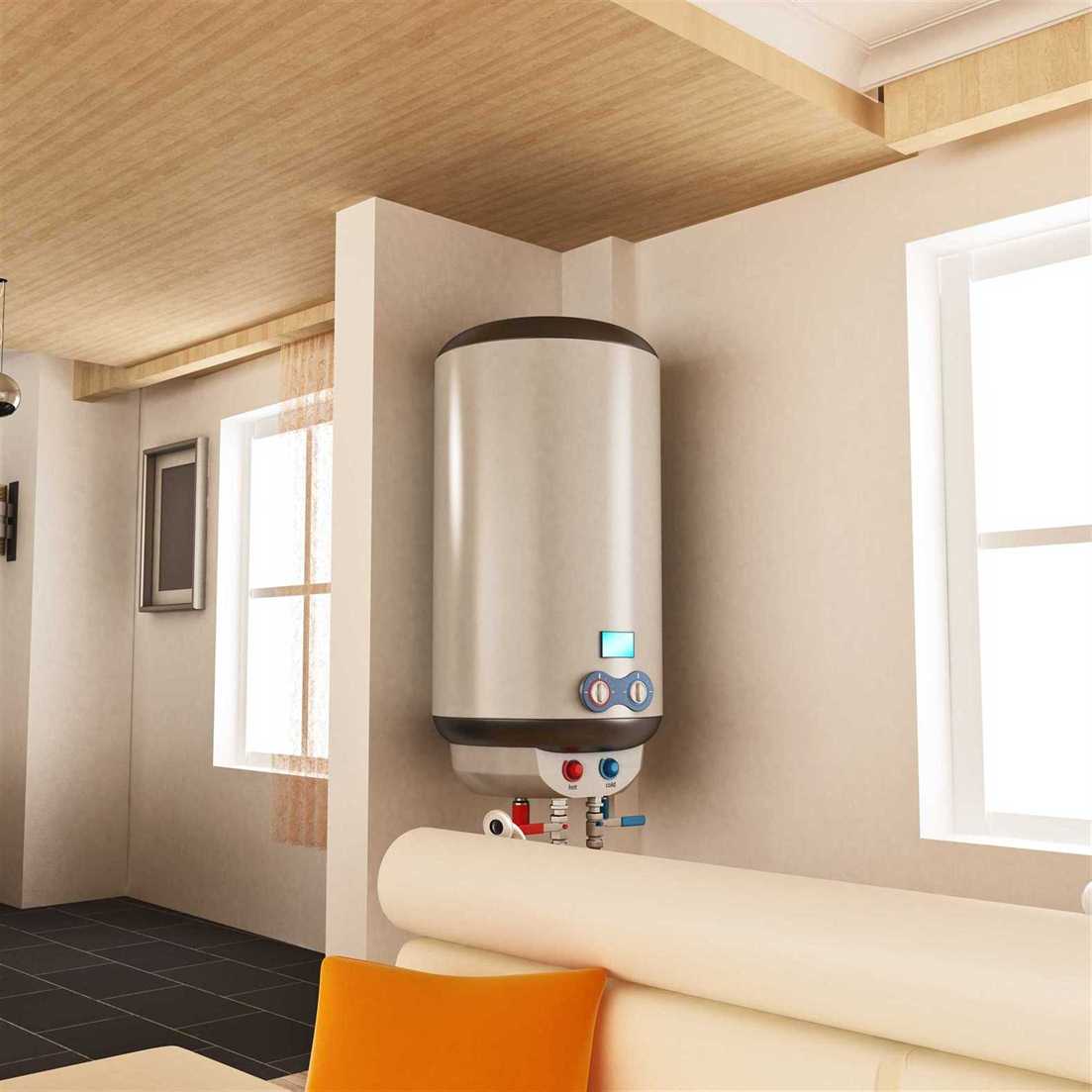If you are living in a modern house, high chances are that you use a heater to meet your hot water household needs. But, how well do you know your water heater? How do you ensure that it functions with maximum efficiency? What types of water heaters are there? What are their merits and demerits? Knowing your appliance’s basics will help you know when to schedule appliance repair service for increased longevity and functionality.
When sourcing for a water heater, these are the main factors to consider:
Domestic hot-water use capacity: On average, a family of four will use up to 400 gallons of water each day for domestic activities such as dishwashing, showering, laundry and general cleaning. Hot water will consume more than half of that amount. So, the amount of hot water required will depend on family size.
Tank size: The most common capacities for water heater tanks are 40 to 60 gallons. A family of three to four, with a high demand of water, will require an estimate of an 80-gallon tank for an electric water heater or a maximum of 75-gallon tank for a gas heater. In case a water tank is depleted, recovery time will interrupt constant water flow, the bigger the tank, the more the recovery time.
Type of heating: The type of heating you have in your house will help you choose the type of water heater that fits your needs. Some of the options available include electricity, natural gas, and propane gas. Electric heaters use one or two elements to heat water. They are less expensive compared to the other types of heaters. They also have a variety of high-efficiency options to choose from. Gas or propane water heaters use burners to heat water. These are hazardous than the rest of the heaters; a safety measure is ensuring there’s proper air circulation when they are in use. Furthermore, combustible and flammable materials should not be kept nearby. Gas or propane water heaters are more expensive than electric water heaters but more energy efficient.
Traditional Water Heaters versus On-demand Water Heaters
One of the things that distinguish traditional water heaters from on-demand ones is that the former comes with a storage tank. They heat water in the tank to preserve the desired temperature. On the other hand, on-demand water heaters (tankless water heaters) do not store water but heats it instantly-on demand. They provide hot water whenever it is needed and as long as it is needed.
How do the two compare?
Traditional water heaters are less expensive to purchase and install. They are also cheaper to replace. However, they have a shorter life span (10-15 years), occupy more space, run out of water when overused and, due to the constant heating, they increase utility costs. On the other hand, a tankless heater ensures constant hot water supply, a longer life span (20 years or more), and less power consumption. But higher initial costs and upfront cost due to retrofitting are its demerits.
Now that you know more about your water heater, look out for tell-tale signs that it may not be working efficiently. Getting little or no water, noise, calcium build-up in the tank, slow recovery after depletion or no hot water, are signs suggesting you should call in a HVAC (heating, ventilation and air conditioning) expert to do checks and repairs.

